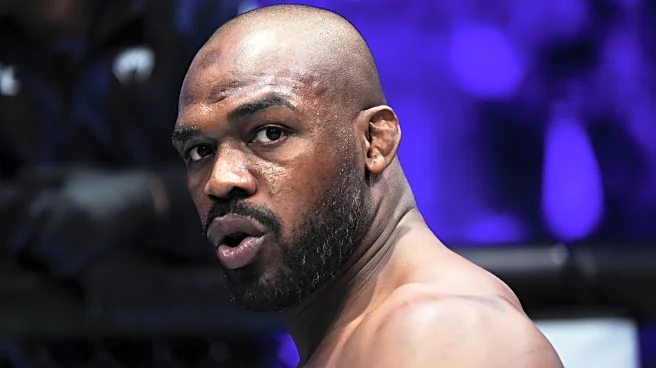What's Happening?
ABC has announced Taylor Frankie Paul as the new lead for 'The Bachelorette,' marking a significant departure from tradition as she is the first lead not selected from Bachelor alumni. The announcement
was made on Alex Cooper's 'Call Her Daddy' podcast, signaling a shift in how ABC engages with audiences. This move is seen as an attempt to reach younger viewers who are more engaged with social media and podcasts. The decision has sparked debate among fans and industry insiders, with some welcoming the fresh approach and others concerned about the departure from established franchise norms.
Why It's Important?
ABC's decision to announce the new Bachelorette via a podcast reflects a broader trend in media where traditional channels are being supplemented or replaced by digital platforms to capture younger audiences. This strategy could redefine how reality TV franchises build star power and engage with viewers. By tapping into influencer audiences, ABC aims to expand its reach and create viral moments that resonate with today's media consumers. This shift could influence other networks to explore nontraditional PR strategies, potentially altering the landscape of reality television.
What's Next?
The Bachelorette featuring Taylor Frankie Paul is set to debut in 2026, and its success could determine whether ABC continues to pursue nontraditional casting and promotional strategies. The network may leverage Paul's existing social media following to boost viewership and engagement. As the franchise experiments with new approaches, it will be crucial to monitor audience reactions and ratings to assess the effectiveness of these changes. The outcome could influence future casting decisions and promotional tactics across reality TV.
Beyond the Headlines
The podcast announcement raises questions about the evolving nature of celebrity and media consumption. It challenges traditional notions of fame and suggests that influencers and social media personalities are becoming increasingly important in shaping entertainment content. This shift may lead to discussions about the authenticity and credibility of reality TV stars, as well as the impact of digital platforms on traditional media industries.











